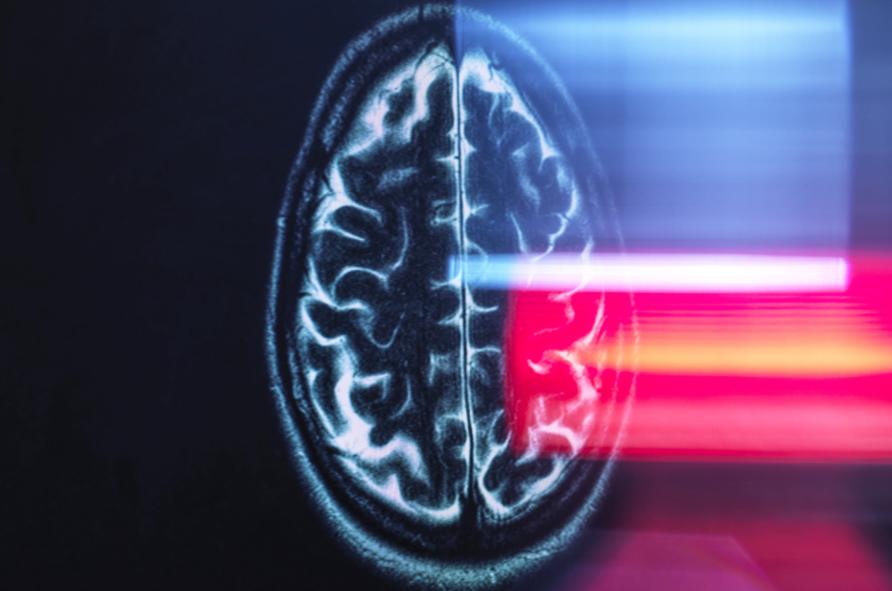
AI’s Role in Unlocking the Potential of Precision MedicineAI’s Role in Unlocking the Potential of Precision Medicine Precision medicine is a revolutionary approach to healthcare that aims to tailor treatments to an individual’s unique genetic, environmental, and lifestyle factors. Artificial intelligence (AI) is playing a pivotal role in unlocking the potential of precision medicine by providing unprecedented insights, automation, and optimization. Enhanced Patient Stratification: AI algorithms can analyze vast amounts of medical data to identify patterns and clusters, enabling better stratification of patients into distinct groups. This fine-grained stratification allows clinicians to target treatments more accurately and predict patient outcomes with greater precision. Personalized Treatment Plans: By correlating genetic information, medical history, and lifestyle data, AI can create personalized treatment plans tailored to the specific needs of each patient. AI-powered systems can recommend optimal drug combinations, dosage adjustments, and treatment schedules, maximizing therapeutic efficacy and minimizing adverse effects. Drug Discovery and Development: AI accelerates drug discovery by analyzing molecular structures, predicting protein interactions, and identifying potential targets for drug therapies. By simulating laboratory experiments and predicting animal models, AI can identify promising compounds and reduce the time and cost associated with drug development. Precision Diagnostics: AI can enhance diagnostic capabilities by analyzing medical images, such as MRI scans and CT scans, to identify disease patterns and subtle changes. This enables early detection, more accurate diagnosis, and personalized treatment strategies. Automation and Efficiency: AI automates many labor-intensive tasks in healthcare, freeing up clinicians to focus on patient care. AI-powered systems can process large volumes of data, identify high-risk patients, and provide real-time monitoring, improving efficiency and reducing turnaround time. Personalized Health Monitoring: AI-enabled wearable devices and sensors can continuously monitor an individual’s health parameters, such as heart rate, blood pressure, and sleep patterns. This data can be used to detect early signs of illness, predict health risks, and provide personalized health recommendations. Challenges and Considerations: While AI holds immense promise for precision medicine, there are challenges to address, including data privacy and security, algorithmic bias, and ethical considerations. It is crucial to ensure that AI systems are developed responsibly, transparently, and in collaboration with healthcare professionals. Conclusion: AI is a powerful tool that has the potential to transform precision medicine. By enabling enhanced patient stratification, personalized treatment plans, drug discovery, and automation, AI can empower clinicians to deliver more effective and individualized care. As AI technologies continue to advance, the future of healthcare lies in harnessing its power to unlock the full potential of precision medicine, leading to improved patient outcomes and a healthier society.
Posted inNews